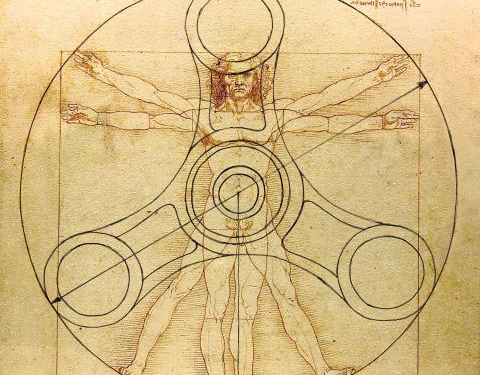The recent discovery of Leonardo da Vinci’s recovered journals has provided a fascinating glimpse into the mind of the Renaissance polymath, revealing not only his groundbreaking scientific and artistic innovations but also his keen insights into human nature and the trajectory of history.
Among the treasure trove of sketches, diagrams, and scientific musings, one startling entry stands out: a cryptic notation suggesting Da Vinci’s awareness of the potential commercialization of his inventions by future generations. In a passage that has captured the imagination of scholars and enthusiasts alike, Da Vinci appears to lament the prospect of his creations being exploited for profit by “idiots” in the distant future.
This candid acknowledgment of the monetization of his intellectual property underscores Da Vinci’s foresight and underscores the complex relationship between creativity, commerce, and posterity. As modern entrepreneurs capitalize on the enduring popularity of inventions like the fidget spinner, Da Vinci’s words serve as a sobering reminder of the ethical and moral considerations inherent in the commercialization of artistic and scientific innovation.
As scholars continue to decipher the enigmatic passages of Da Vinci’s journals, the question of rightful ownership and legacy looms large, challenging contemporary society to reckon with the enduring impact of one of history’s greatest minds and the ethical implications of profiting from his genius.










